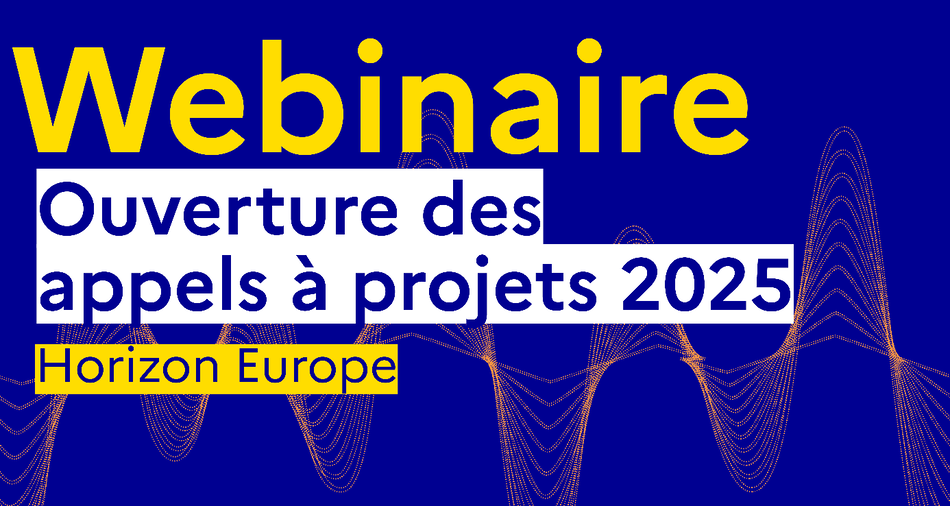ExpectedOutcome:
This topic contributes to the implementation of the Mission 'A Soil Deal for Europe'[1], in particular to its specific objective 8 “Increase soil literacy in society across Member States”.
Project results should contribute to all the following outcomes:
- The public's awareness of the value of soil is significantly increased.
- Citizens are empowered to take an active role in science and in increasing the knowledge base on soils by monitoring and gathering data on soil biodiversity and becoming more aware of the importance of soils and the soil food web in their daily lives.
- Greater availability of local scale data on soil health. This will expand and complement established soil databases to support critical landscape decisions and policy development.
- The EU Soil Observatory scope is enlarged and populated with citizen science data.
Scope:
Citizen science is an important vehicle in bringing science to the people and promoting the goal of universal and equal access to scientific data and information. For example, there is a tremendous potential to foster education and learning opportunities through the involvement of students in real world issues. Citizen science also engages society at large in key policy developments through direct participation to assess impacts. Crowdsourced data is being used, for example, by UN agencies for humanitarian activities and citizen scientists are providing data relevant to monitoring the sustainable development goals (SDGs).
Citizen science projects amplify scientific research and support scientists to accomplish their research objectives. Citizen science data are used extensively in a range of environmental studies such as in the areas of above-ground biodiversity and water pollution. In relation to soils however, citizen science has received less attention. Yet, it has huge potential to raise awareness on the importance of soils, gather a wide range of site-specific data and thereby complement “formal” soil sampling programmes and existing data sets.
The engagement of citizens, including land managers in soil mapping and soil monitoring provides novel opportunities, also through the use of digital technologies. Main challenges however remain the integration of data from citizen science with data from professional observations due to issues of quality control, methodologies and potential observer bias.
Proposed activities should:
- Develop a strategy for the standardised collection, processing and visualisation of soil health data that are submitted by citizens directly from the field. Attention should be given to issues of location, characterisation and harmonisation of measurements and observations as well as the quality, compatibility and interoperability of data from citizens with related established databases (e.g. national monitoring programmes, earth observation systems and long-term experiments). Consideration should be given to potential privacy aspects.
- Formulate recommendations, guidelines, protocols and field guides to gather data and observations by the public in a more systematic way.
- Demonstrate and test user-friendly tools for the assessment of soil health related issues by soil users and the wider community (i.e. considering physical, chemical and biological properties) considering the language diversity of the EU.
- Propose and test methods for quality control of citizen science data as well as for the integration of heterogeneous data from citizen science activities.
- Run citizen science initiatives, ideally concurrently in all Member States, contributing to enhanced soil sampling, mapping, reporting and the understanding of pressures affecting soil health. Initiatives should address as a minimum the areas of soil biodiversity and soil pollution. Activities should encourage broad participation of citizen groups across Europe, especially young people, with a genuine interest in environmental issues, soil and land management.
- Create a prototype for a long-term repository of data resulting from the citizen science initiatives implemented under the project. The repository should display information in all official EU languages and take due account of the requirements emerging from the evolvement of the European Soil Observatory (EUSO)[2] as an eventual host of the repository. The repository should be user-friendly and be capable of integrating data from different in-situ sources and technologies. Tools should be put in place to ensure quality control and assess possible systematic discrepancies during the collection of the data It should support the findability, accessibility, interoperability and re-usability of data while turning them into relevant, open and accessible knowledge for potential users including decision makers. Data uploaded to repository should be supported by metadata.
- Develop case studies demonstrating how the collected data can be used e.g. by farmers, other land managers, scientists, businesses, educators or institutions responsible for soil management.
- Provide training and build capacities for soil related citizen science initiatives.
In implementing activities, attention should be given to
- addressing the diversity of soil types in relation to biogeographic regions and different land uses across the EU.
- issues of integration, compatibility and interoperability with existing soil monitoring systems, especially LUCAS and monitoring programmes from Member States and Associated Countries.
- technical (hardware/software) considerations associated with the IT environment of the EU’s Joint Research Centre (JRC).
Consortia should ensure participation from partners with ample social sciences expertise. They should also provide a clear plan on how they intend to collaborate with other soil-focused citizen science initiatives that can further raise awareness of issues affecting soil health as well as with the project emerging from topic HORIZON-MISS-2022-SOIL-01-01.
Proposals should demonstrate a route towards open access, longevity, sustainability and interoperability of knowledge and outputs through close collaboration with the Joint Research Centre and its EUSO.
Cross-cutting Priorities:
Societal EngagementSocial sciences and humanitiesDigital AgendaSocial Innovation
[1]https://ec.europa.eu/info/research-and-innovation/funding/funding-opportunities/funding-programmes-and-open-calls/horizon-europe/missions-horizon-europe/soil-health-and-food_en
[2]The EUSO is developed by the EU’s Joint Research Centre: https://ec.europa.eu/jrc/en/eu-soil-observatory





